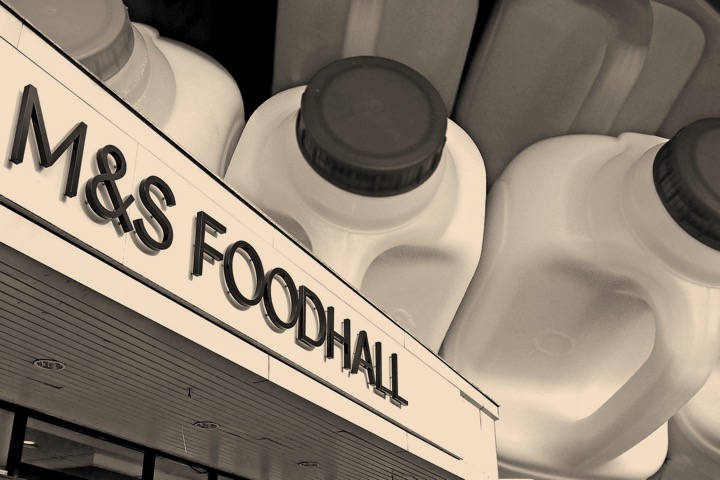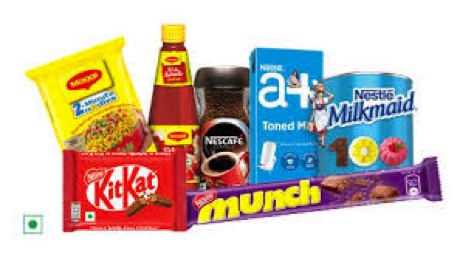Retailer to switch cows to feed designed to reduce burps and avoid 11,000 tons of greenhouse gas emissions
Marks & Spencer (M&S) has announced a fresh £1m of funding to change the diet of pasture-grazed dairy cattle in its supply chain, as part efforts to reduce methane emissions by up to 11,000 tons of greenhouse gas emissions annually.
Working with all 40 M&S Select Dairy Farmers in its pool of milk suppliers, the new initiative is forecast to cut the carbon footprint of M&S’s RSPCA-assured fresh milk by 8.4 per cent.
The latest move comes after the retailer invested in an exclusive green fertiliser for all its M&S Select Dairy Farms and launched a Pathway Farming partnership with a number of M&S Select Beef Farmers to identify opportunities to reduce carbon emissions from beef rearing.
The announcement also represents a boost for the government’s net zero growth strategy, which forecast that “high-efficacy methane-suppressing products” would enter the market from 2025.
Globally, livestock are responsible for around 14 per cent of human-induced climate emissions, with methane from cattle burps and manure a significant contributor.
While methane has a far shorter atmospheric lifetime than CO2, it is claimed to be 80 times more potent at warming over a 20-year period.
As well as moving to tackle methane emissions, M&S also announced a string of new investments funded through its Plan A Accelerator Fund this week, which aim to help deliver on its goal of net zero emissions by 2040.
One of the first projects supported is a trial asking customers to donate “unwearable” clothes to Oxfam, alongside wearable clothing. These items will be cleaned and used to enable fibre to fibre recycling, where fibres are re-used and turned into new material.
Elsewhere, a new trial will use AI to predict a store’s optimal heating, ventilation, and air conditioning controls to reduce energy consumption. Spanning six stores, its hoped the trial will reduce HVAC costs and emissions by up to 30 per cent. It is estimated that when rolled out across the M&S estate AI systems could save an estimated 2,000 tonnes of carbon and around £3m a year.



























